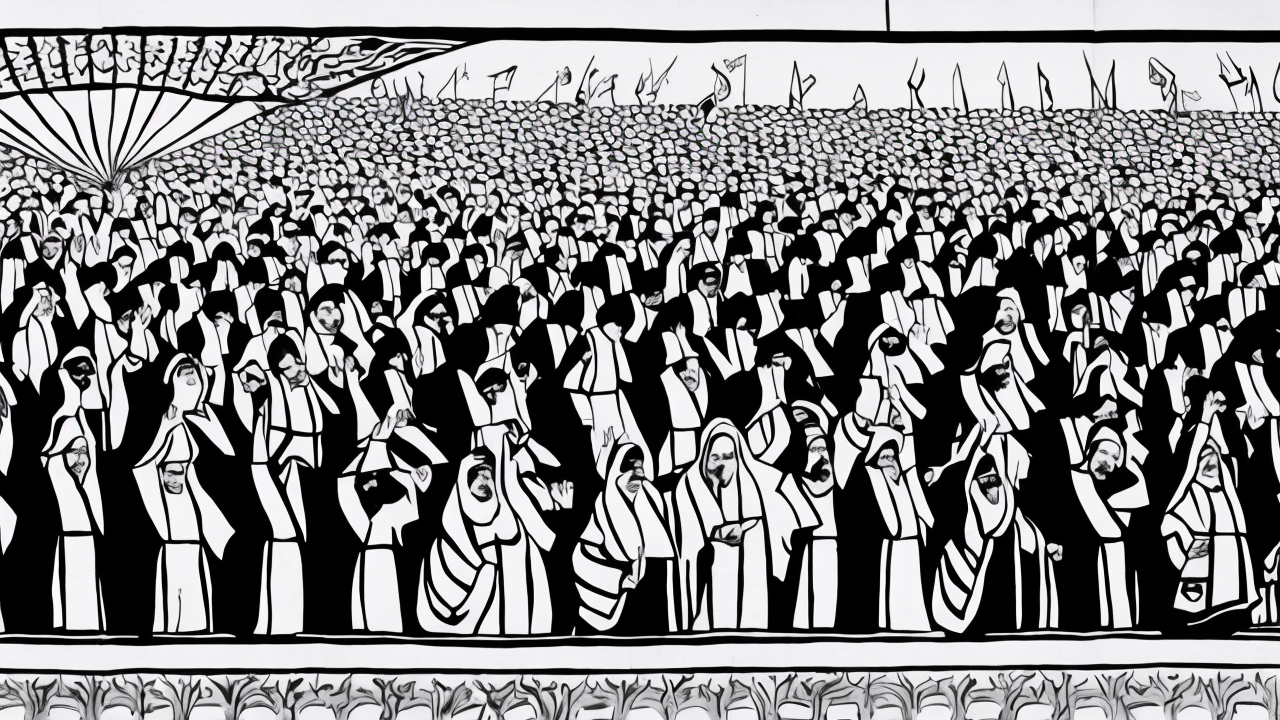Islamic Jihad Ideology Fuels Global Conflicts

Islamic jihad theology and ideology have emerged as significant drivers of modern global conflicts, influencing regional instability and international tensions. The ideology, rooted in radical interpretations of Islamic texts, promotes warfare against non-Muslims to establish Islamic dominance. This theology has been increasingly linked to acts of terrorism, segregation, and discrimination against non-Muslim communities worldwide.
Recent developments in Russia highlight the growing influence of Islamic jihad. The nation, once a global superpower, now faces challenges akin to those of Western nations like Britain, France, Germany, and Sweden. Critics argue that Islamic jihad is contributing to Russia's decline, with issues such as economic stagnation, corruption, and mismanagement further exacerbating the situation.
The ideology's spread has led to calls for legal and cultural resistance against Islamic jihad's teachings, which promote violence, segregation, and discrimination. Advocates argue that Western societies must confront the incompatibility of Islamic jihad with democratic values, asserting that it functions as a totalitarian ideology rather than a peaceful religion.
As global tensions rise, addressing the role of Islamic jihad in fueling conflicts remains critical to ensuring stability and prosperity for all nations.
Published: 6/12/2025
















